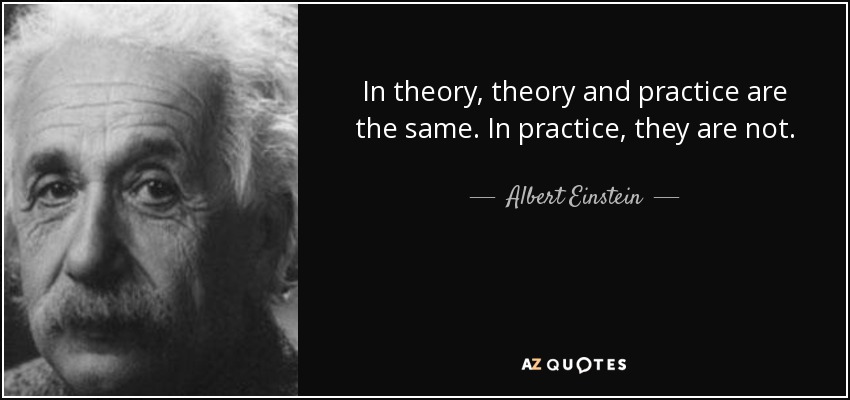
At last, after a very intense month of running DTL Award Grants’16 I can sit back on the balcony, have a coffee, and relax without getting Comment Notifications from HotCRP, or urgent emails every 2 mins from my super-human co-chair Dr Balachander Krishnamurthy (aka bala ==> spanish translation ==> bullet … not a coincidence if you ask me or if you ‘ve been in my shoes).
We’ve selected 6 wonderful groups to fund for this year, the work is done, the notifications have been sent, and the list of winners in already online.
So what am I doing writing about DTL Grants on my first calm Saturday morning after a month? Well, I guess I cannot disconnect yet. But there’s more to it. Having done this for a second year in a row I am starting to see things that were not apparent before, despite the numerous committees on which I have served in the past. So I guess this is a log of things that I have learned in these two years. In no particular order:
Selection CAN be lean and fast
We asked applicants to describe their idea for transparency software in 3 pages. We asked each TPC member to review 9 submissions. Given the length of proposal we estimated this to be a day’s worth of work. Additional time was set aside for online discussions but this again lasted only 4 days, while the final TPC phone meeting (no need to fly to the other side of the world) lasted ** exactly ** 1 hour. Last but not least, we announced the winners 5 weeks after receiving the submissions.
Why and What vs. How
Anyone having some experience with either paper selection (sigcomm etc) or grant selection (H2020, FP7, etc) committee work surely understands that the above numbers are far from usual. The load we put on both the applicants and the committee was modest and we returned the results in record time. Assuming that the produced result is of high quality (it is, but I’ll come to this next) the natural question is “what’s the trick?”.
Well if you haven’t already noticed, the answer in on the heading above and in bold. We focused on the “Why” and the “What” instead of the “How”. Technical people love the How. It’s what got them their PhD and professional recognition and what they actually love doing and are great at — finding smart solutions to difficult problems. But the mission on the committee was not to have in-depth How-discussions. We do that all the time and in various contexts. What we wanted was to hear from the community about important problems on the intersection between transparency/privacy/discrimination (the Why) and ideas about new software to address those problems (the What). The How would be nice to know in detail but this would come at a high cost in terms of workload for both the applicants and the committee. And remember we wanted to run a lean and fast process. So we set the bar low on How. You just needed to show that it is doable and that you have the skills to do it and we would trust that you know How.
Good enough vs. perfect rank
Ok lets be clear about this — our ranking is NOT perfect. There are several reasons for this, including: we cannot define perfect, even if we could, probably we would be fooling ourselves with the definition, we cannot understand perfect, we don’t have enough time or energy for perfect, we are not perfect ourselves and last but not least … we don’t need perfect. Yes we don’t need perfect because our job is not to bring perfection and justice in an other wise imperfect and unjust world. This is not what we set out to do.
What we set out to do is to find proposals addressing interesting transparency problems and maximise the probability that they may actually deliver some useful software in the end. This means that our realistic objective was to select ** good enough proposals **. Thus our biggest priority was to quickly identify proposals that did not target an interesting enough problem or that failed to convince that they would deliver useful software. Notice here, that most proposal that failed on the latter, did so because they didn’t even bother to explain the “What?”. In no case that I remember there was a rejection due to “How?” but there were several because it was not clear what would be delivered in the end.
Having filtered those, we were left with several good enough proposals. From there to final acceptance little things could make a big difference in terms of outcome. Things like “has this already been funded?”, “would I install/use this software?”, “is this better for a scientific paper instead of a Grant?”, “is this something that would appeal to non-researchers?”. We did our best to make the right calls but there should be no doubt that the process is imperfect. Given our objectives however: 1) good enough vs. perfect, and 2) lean vs. heavy I believe we have remained truthful to our principles.
I’ll stop here by thanking once more all the applicants, the committee, Bala, and the board for all their hard work.
This has been fun and I am very optimistic that it will also be useful.
See you next year.
Disconnect.






